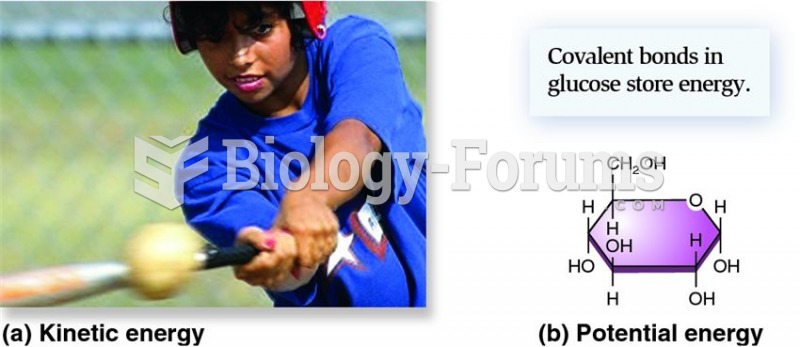Answer to Question 1
Answer: Job enlargement refers to the horizontal expansion of a job by increasing job scope, or the number of different tasks required in a job and the frequency with which these tasks are repeated. For instance, the job of an office assistant could be expanded so that apart from filing and documentation, he could also handle phone calls and visitors. In contrast, job enrichment is the vertical expansion of a job by adding planning and evaluating responsibilities. Job enrichment increases job depth, which is the degree of control employees have over their work. In other words, employees are empowered to assume some of the tasks typically done by their managers. Thus, an enriched job allows workers to do an entire activity with increased freedom, independence, and responsibility. In addition, workers get feedback so they can assess and correct their own performance. For instance, if an office assistant had an enriched job, he could, in addition to filing and documentation, schedule appointments (planning) and follow up with clients and coworkers (evaluating).
Most job enlargement efforts that focused solely on increasing the number of tasks don't seem to work. However, research has shown that knowledge enlargement activities (expanding the scope of knowledge used in a job) lead to more job satisfaction, enhanced customer service, and fewer errors. Also, although job enrichment may improve the quality of work, employee motivation, and satisfaction, research evidence has been inconclusive as to its usefulness.
Answer to Question 2
Answer: The goal-setting theory says that specific goals increase performance and that difficult goals, when accepted, result in higher performance than do easy goals. It says that working toward a goal is a major source of job motivation. Studies on goal setting have demonstrated that specific and challenging goals are superior motivating forces. Such goals produce a higher output than does the generalized goal of do your best. The specificity of the goal itself acts as an internal stimulus. However, the conclusions of goal-setting theory apply to those who accept and are committed to the goals. Also, while participation is preferable to assigning goals when employees may resist difficult challenges, it is not always necessary for performance. Self-generated feedback has been shown to be a more powerful motivator than feedback coming from someone else. Three other contingencies besides feedback influence the goal-performance relationship: goal commitment, adequate self-efficacy, and national culture. First, commitment is most likely when goals are made public, when the individual has an internal locus of control, and when the goals are self-set rather than assigned. Next, self-efficacy refers to an individual's belief that he or she is capable of performing a task. The higher your self-efficacy, the more confidence you have in your ability to succeed in a task. Finally, the value of goal-setting theory depends on the national culture. It's well adapted to North American countries because its main ideas align reasonably well with those cultures. Goal setting cannot be expected to lead to higher employee performance in countries where the cultural characteristics aren't like this.







